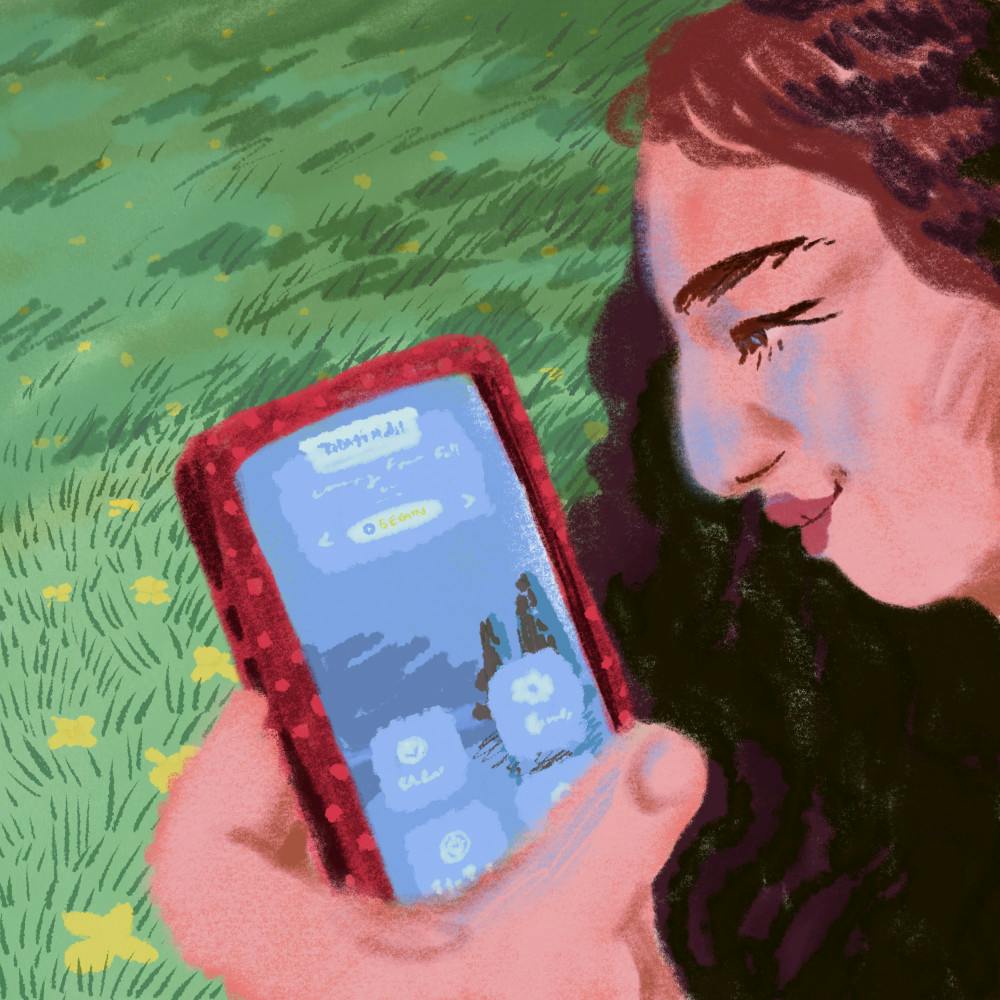As physicians face new challenges fighting the COVID-19 pandemic on the frontlines, a new study out of Brown’s Mindfulness Center suggests an app could help physicians manage anxiety in the future. University researchers investigated the effectiveness of an app-based mindfulness training program, Unwinding Anxiety, in reducing physician anxiety and examined the relationship between anxiety and physician burnout.
Medical professionals are trained to show empathy for their patients while exhibiting toughness and sacrifice, said Jud Brewer, associate professor of psychiatry, director of research and innovation at Brown University’s Mindfulness Center and principal investigator of the study. But after years of being exposed to suffering and suppressing emotion, many physicians start to experience burnout. Physician burnout estimates “range from 50 percent to 80 percent. ... It’s really bad,” he added. Medical care needed in response to the COVID-19 pandemic has exacerbated its impact.
In this study, mindfulness was examined as a method that could help reduce physician burnout and in turn increase the quality of medical care.
Mindfulness is a process that trains people to become aware of their feelings, thoughts and bodily sensations and write them out so they don’t act on them automatically, said Brewer. It can be developed through meditation and training, which is the goal of the Unwinding Anxiety app that the researchers developed.
Unwinding Anxiety has a three-step approach in reducing anxiety. First, users learn about the habit loop surrounding worry. “Negative emotions like fear or anxiety can trigger somebody to worry, and that mental behavior gets stuck in these anxiety habit loops,” Brewer said. Users of the app can map out their habit loops and identify these behaviors. Second, they “hack their reward value system,” increasing their awareness of the satisfaction gained from behaviors. By doing so, people can see whether their actions are helpful or not. Lastly, the app brings in mindfulness practices so that users’ old, negative behavior is replaced with curiosity and kindness, he added.
The app itself is a step-based 30-day program, said Alexandra Roy, a research associate and first author of the study. Users complete a module a day, with each day building on previous modules. The first two weeks of the program entail short videos that teach exercises involving reinforcement learning. The next two weeks are more application-based, said Roy. “The application also includes a community feature where users can engage with others struggling with the same issues,” she added.
Between May and August 2018, the researchers conducted a pilot study with 34 physicians. This study was the first evidence-based clinical trial to look at the efficacy of app-based mindfulness training, Roy said.
After three months of using Unwinding Anxiety, the participants had a 57 percent reduction in clinically validated anxiety scores, measured by the Generalized Anxiety Disorder scale, a seven-item screening tool, Brewer said.
The researchers collected evidence that showed a significant correlation between anxiety and specific aspects of burnout, Brewer added. They found a 50 percent reduction in cynicism and a 20 percent reduction in emotional exhaustion. The results also suggest that the app’s success is more specific to individual contributors to burnout that people have control over, like cynicism, than institutional factors, like exhaustion, Brewer added.
During pandemics, it is especially important to keep stressed doctors healthy and aware, said Mick Krasner, professor of clinical medicine at the University of Rochester, who researches mindfulness but was not involved in this study. The consequences of physician burnout include medical errors, poor quality of care and less satisfaction among patients, Krasner added. “It’s also costing our healthcare system billions of dollars a year. Replacing one physician who leaves because they’re burnt out can cost upwards of three-quarters of a million dollars to bring the new (physician) up to speed,” he said.
The researchers hope to build on this study by comparing it to traditional methods like cognitive behavioral therapy. They also conducted a study on the general population in the summer of 2019, the results of which are not yet published. But initial analyses “suggest that (the app) could be helpful for the general population, anyone experiencing anxiety,” Brewer said.

Jared is a Senior Staff Writer for Science and Research. He is a senior from Albuquerque, New Mexico studying physiology and biotechnology. Outside of The Herald he likes to fish, ride bikes and research the role of metals in human health and disease.





